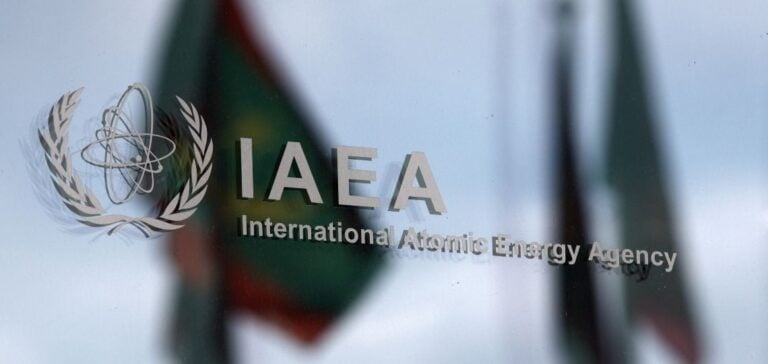Iran continues to enrich its uranium to levels close to those needed to make nuclear weapons, with no sign of increased cooperation with the International Atomic Energy Agency (IAEA).
Confidential IAEA reports, seen by Reuters, show that despite a resolution adopted at the last quarterly meeting of the IAEA Board of Governors, diplomatic progress remains at a standstill.
The recent election of Iranian President Masoud Pezeshkian, as well as the US presidential election scheduled for November, contribute to this impasse.
IAEA Director General Rafael Grossi hopes that his first exchange with President Pezeshkian will lead to an early visit to Iran and the establishment of a constructive and fluid dialogue, leading to concrete results.
However, there has been no significant progress over the past quarter on several key issues that plague relations between the agency and Tehran.
Installation of new centrifuges and increased uranium production
At the same time, Iran continues to increase its uranium enrichment capacity.
The country has added eight new cascades of advanced IR-6 centrifuges to its Fordow enrichment site, located on a mountain.
This brings the total number of IR-6 cascades at Fordow to ten.
However, these new centrifuges have not yet been commissioned for uranium hexafluoride (UF6) enrichment.
Iran’s stocks of uranium in the form of UF6 enriched to 60% purity increased by 22.6 kg to 164.7 kg. This level is close to the enrichment required to produce nuclear weapons, which is around 90%.
By IAEA standards, this stockpile is just 2 kg short of the amount theoretically needed to make four nuclear bombs.
Moreover, Iran also possesses enough uranium enriched to 20% to produce, if further enriched, up to six bombs.
Unresolved issues and limited inspections
One of the major stumbling blocks remains the limited access of IAEA inspectors to nuclear sites in Iran.
Teheran continues to restrict the entry of inspectors specializing in uranium enrichment, and has yet to provide a satisfactory explanation for the presence of traces of uranium at undeclared sites.
These unresolved issues aggravate the mistrust between the two parties and complicate negotiations.
Iran’s refusal to cooperate fully with the IAEA is part of a wider context of regional and international tensions, where strategic interests and national security concerns collide.
The absence of effective dialogue and transparency on Iran’s nuclear programs fuels fears of potential escalation.
IAEA reports indicate that the current situation could rapidly evolve, depending on political developments and strategic decisions taken by Iran and its international interlocutors.
The need for constructive dialogue and concrete solutions remains crucial to avoid an escalation of tensions and guarantee regional stability.






















